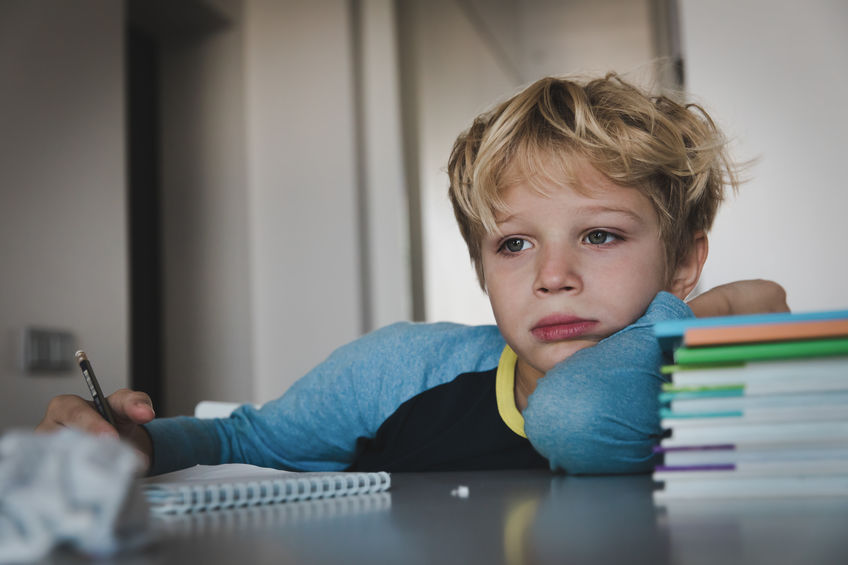
Helping Children Cope with Covid-19
Our children’s charity normally focuses on children with cancer and other serious illnesses and health conditions along with their families. But even healthy children are in need of support and consideration during these difficult days.
Your kids are not only having to deal with the disruption Covid-19 has brought to their young lives, but they are also having to deal with the way you react to the pandemic.
“Children and teens react, in part, on what they see from the adults around them. When parents and caregivers deal with the COVID-19 calmly and confidently, they can provide the best support for their children,” the Centers for Disease Control and Prevention (CDC) say.
The best way to provide your children with the reassurance and stability they need during times of uncertainty, the CDC says, is to be prepared.
Tips for Providing Support and Reassurance to Your Children
You may think your kids are doing just fine – or at least as well as can be expected given the disruption to their classes, their inability to spend time with their friends and the stress your whole family is experiencing – but there are certain warning signs the CDC says you should be on the watch for, including:
- Excessive crying or irritation in younger children.
- Returning to behaviors they have outgrown (for example, toileting accidents or bedwetting).
- Irritability and “acting out” behaviors in teens.
- Poor school performance or avoiding school.
- Difficulties with attention and concentration.
- Avoidance of activities enjoyed in the past.
- Unexplained headaches or body pain.
What Can You Do?
The CDC suggests taking the following steps to support your child:
- Talk with your child about the COVID-19 outbreak.
- Reassure your child that they are safe and let them know it’s all right to be upset.
- Don’t try to pretend that you are fine when you’re not. “Share with them how you deal with your own stress so that they can learn from you how to cope with stress,” the CDC says.
- Cut back on your news consumption and social media exposure.
- Stick to a routine. Your normal schedule may be nothing but a fond memory right now, but that doesn’t mean you can’t create a new schedule and some healthy structure for you and your kids. Be sure to include fun activities as well as essentials like school work and chores.
- Spend time with your kids doing the little things that matter, like reading, enjoying nature or playing board games.
And, be sure to take care of yourself!
If you don’t children at home, perhaps you will consider making a donation to our children’s charity to help those in need.
Categorised in: Blog
